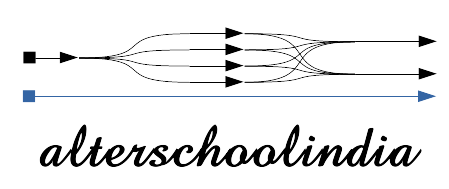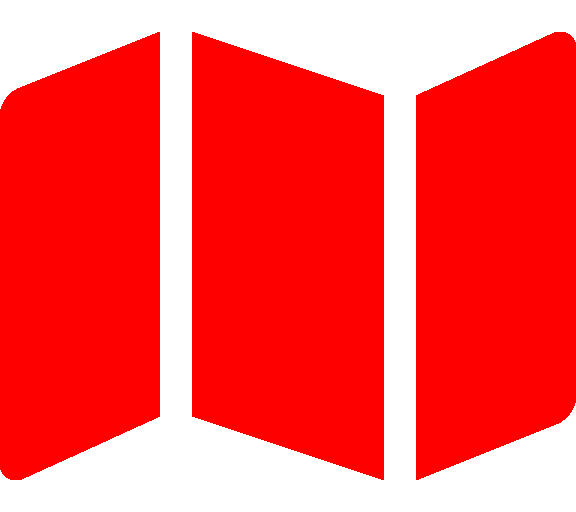A tax is a mandatory financial charge or some other type of levy imposed upon a taxpayer (an individual or other legal entity) by a governmental organization in order to fund various public expenditures. A failure to pay, or evasion of or resistance to taxation, is punishable by law. Taxes consist of direct or indirect taxes and may be paid in money or as its labour equivalent.
- extracted from Tax, Wikipedia as on 1st March 2018
As of March 2018, in India, we have the Income Tax, the Goods and Service Tax, the Local Body Tax and the Property Tax.
Income tax includes: income from house property, income from business and profession, income from salaries, income in the form of capital gains, income from other sources.
"Local Body Tax", popularly known by its abbreviation as "LBT", is the tax imposed by the local civic bodies of India on the entry of goods into a local area for consumption, use or sale therein. The tax is to be paid by the trader to the civic bodies and the rules and regulations of these vary amongst different States in India. The LBT is now partially abolished as of August 1, 2015.
Property tax, or 'house tax,' is a local tax on buildings, along with appurtenant land, and imposed on Possessor (certainly, not true custodian of property as per 1978, 44th amendment of constitution). The tax power is vested in the states and it is delegated by law to the local bodies, specifying the valuation method, rate band, and collection procedures.
- extracted from Taxation in India, Wikipedia as on 1st March 2018
Goods and Service Tax is an indirect tax - meaning it is already imposed on the things you buy, such as food and clothing. The price (Maximum Retail Price) of such things already includes them.


 Got any questions?
Got any questions?